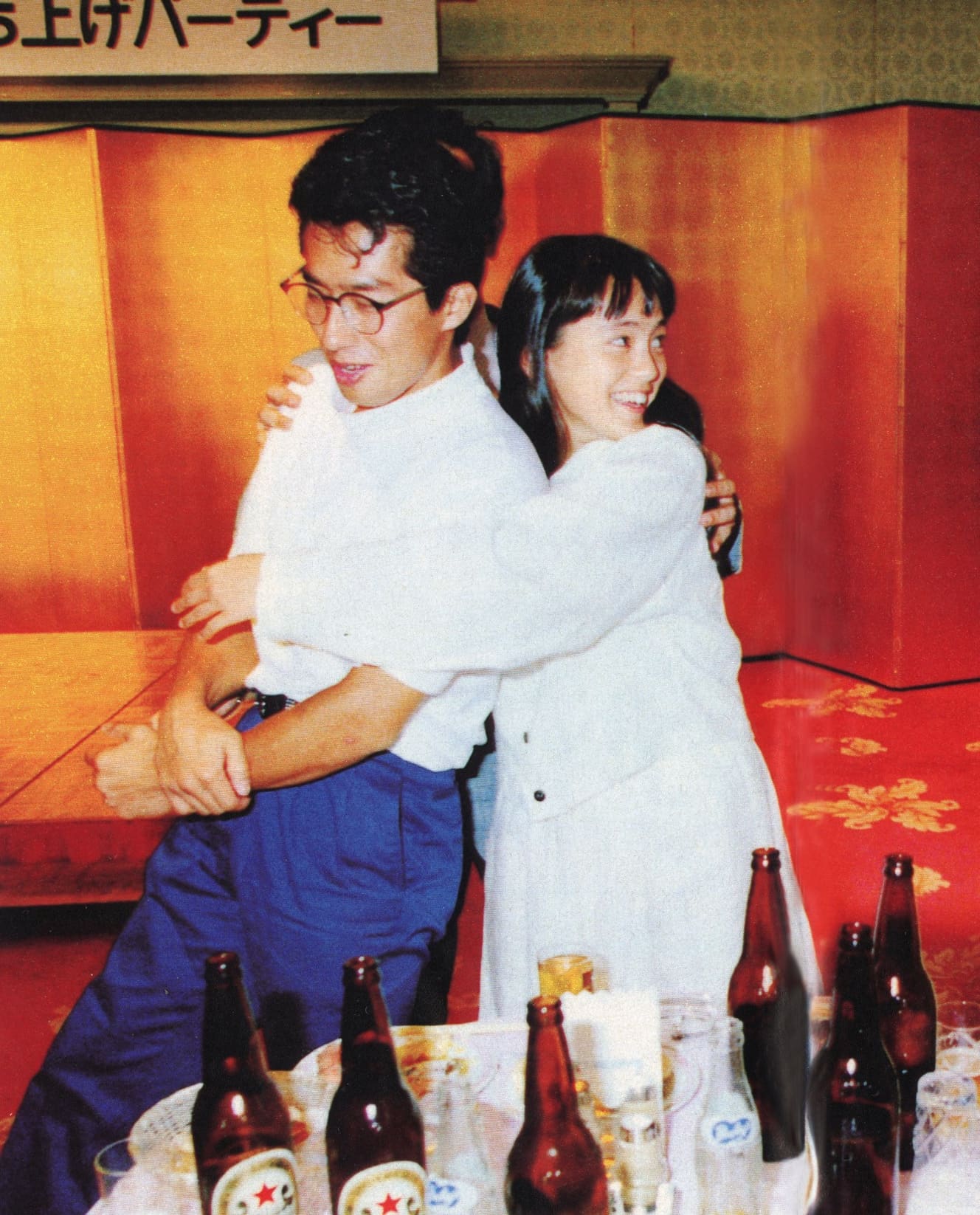Hiroyuki Sanada Recognized with 18 Awards for His Exceptional Humanity
A long-cherished wish that “The World’s Mifune” could not achieve
Actor Hiroyuki Sanada (63) has achieved a historic feat with the Hollywood-produced drama SHOGUN, which he starred in and produced.
At the 76th Primetime Emmy Awards held on September 15 (local time), the show swept the major categories, including Outstanding Limited Series, Outstanding Lead Actor, and Outstanding Lead Actress, winning a total of 18 awards—the most in Emmy history. Additionally, the number of Japanese recipients reached a record high of nine.
Sanada portrayed the samurai Yoshi Toranaga, inspired by Tokugawa Ieyasu, and won the Outstanding Lead Actor award. This marks a significant achievement, as Toshiro Mifune, who starred in the 1980 adaptation of SHOGUN, had previously missed out on this award. After winning the Outstanding Limited Series award, Sanada expressed his heartfelt gratitude in Japanese, saying, “I would like to sincerely thank everyone who has supported and inherited the tradition of period dramas, as well as the directors and teachers. The passion and dreams you have passed on to me have crossed the ocean and transcended borders.” He appeared overwhelmed with emotion.
While Sanada took charge as a producer and led the cast as a performer, it is his humanity that is drawing attention following this monumental achievement.
Sanada, who has been in charge of the production as a producer and actor, has been attracting attention for his human nature since his accomplishment.
From veterans to extras, without distinction.
On September 20, an article on the WEB version of “Sponichi” featured actor Takumi Oyamada (56), who is based in Los Angeles and also appeared in the production. He spoke about his experiences with Sanada on set, recalling, “Even on days when he didn’t have any scenes as an actor, he was there from morning until night, immediately rushing over whenever problems arose.”
Despite his busy schedule, Sanada was always calm. He meticulously cared for everything on set, from props and sets to the cast’s movements, providing hands-on guidance. He offered detailed instructions even on minor aspects, like the direction of the knees when the local extras sat in seiza (a traditional Japanese sitting position). When things went well, he would give a thumbs up and say, “Good job!” to uplift the atmosphere on set.
According to Oyamada, Sanada treated everyone equally, from veterans to minor roles, personally picking up the movement instructors and sword-fighting experts he had brought over from Japan and paying attention to the kimono fabric. “There aren’t many major actors who would go this far,” he remarked.
After moving to the U.S. and establishing himself in Los Angeles for 20 years, Sanada’s determination to depict authentic period dramas drove him to achieve the remarkable success of “SHOGUN” through his dual roles as a producer and an actor, as noted by a film industry insider.
Support from senior colleague Kaori Momoi.
After Sanada’s award, Kaori Momoi (73), who is also based in Los Angeles, updated her Instagram. She wrote, “Sanada’s achievement, who has been working diligently and fairly since he was young and even after coming to LA, was a ceremony that brought tears to my eyes.”
Momoi, who appeared in the Hollywood film “SAYURI” released in 2005, joined the Screen Actors Guild (now SAG-AFTRA) in 2006. Since then, she has been working based in Los Angeles, but she revealed on the Fuji TV talk show “Talking Fruits,” hosted by Ichiro Furuta (69), on July 4, 2017, that she received significant support from Sanada after moving to the U.S.
Momoi explained her reason for moving to the U.S., saying, “I had no opportunities. I gradually ended up in the same roles.” She revealed that she was at a turning point in her acting career. Regarding her life after moving, she confessed, “I take the bus to get around, but there are quite a few people in there who have retired from life or are struggling to make ends meet. The first friend I made was someone I met there.”
She continued, “I was renting an apartment next to a rehabilitation facility, and Sanada (Hiroyuki) would often tell me, ‘Please stop, senpai.’ Later, he helped me find a new place, and my life got back on track.” It seems Sanada couldn’t overlook the fact that his senior in the Japanese entertainment industry, Momoi, was in an environment that made it difficult for her to remain positive about her work (an entertainment reporter).
Sanada was also active as a leading actor in Japan. After moving to the U.S., he received numerous film awards for his starring roles in films such as “The Twilight Samurai” (2002) and “The Last Princess” (2005). At one award ceremony celebration, there was a moment like this:
“While celebrating his own award, he expressed gratitude, saying something along the lines of, ‘I appreciate how well the organizers have done this.’ He did not forget to show consideration for the efforts of the organizers. People from the film industry were moved by this. It’s not often that you come across an actor who can express such thoughts so casually” (a film reporter).
It seems that his consideration for those around him and his humility allowed him to achieve this remarkable feat after a long journey.
FRIDAY Digital welcomes information and tip-offs from all of you. Please send your information to the following information form or to the official X.
Information form: https://friday.kodansha.co.jp/tips
Official X: https://twitter.com/FRIDAY_twit



PHOTO: Yuri Adachi, Shinya Inui, Kazuhiko Nakamura
